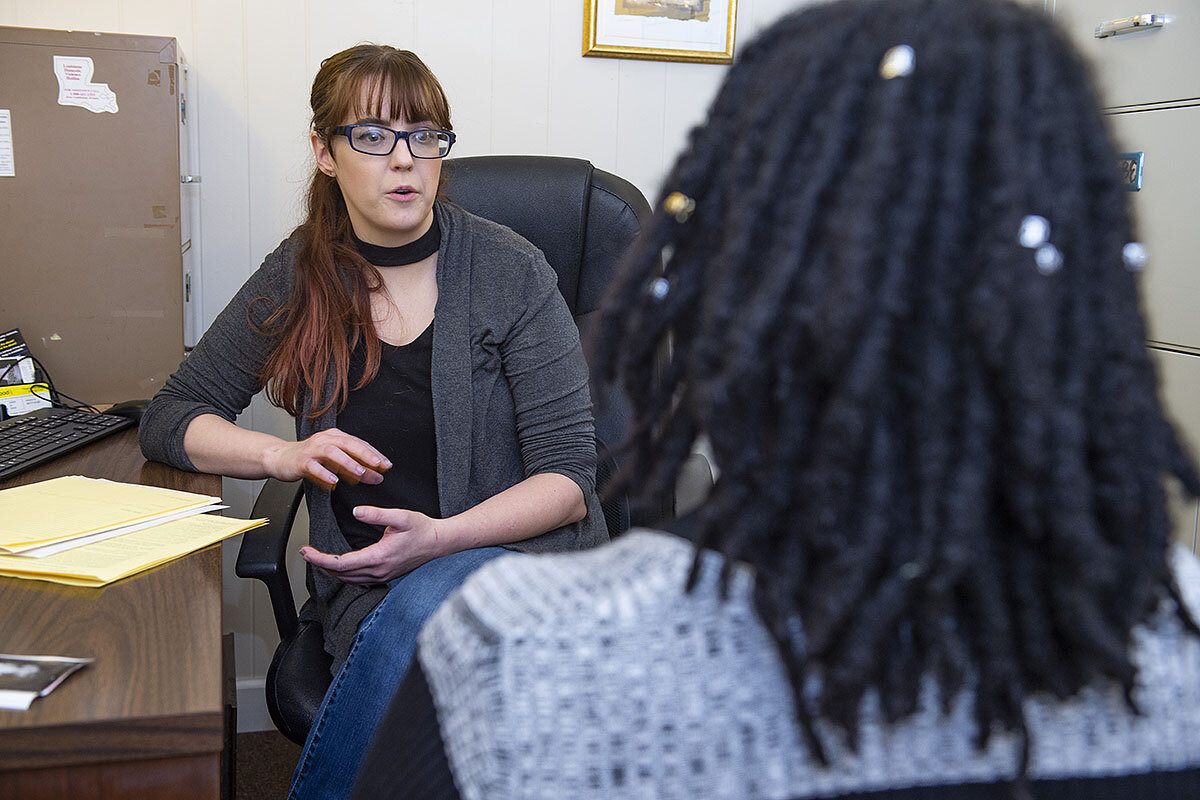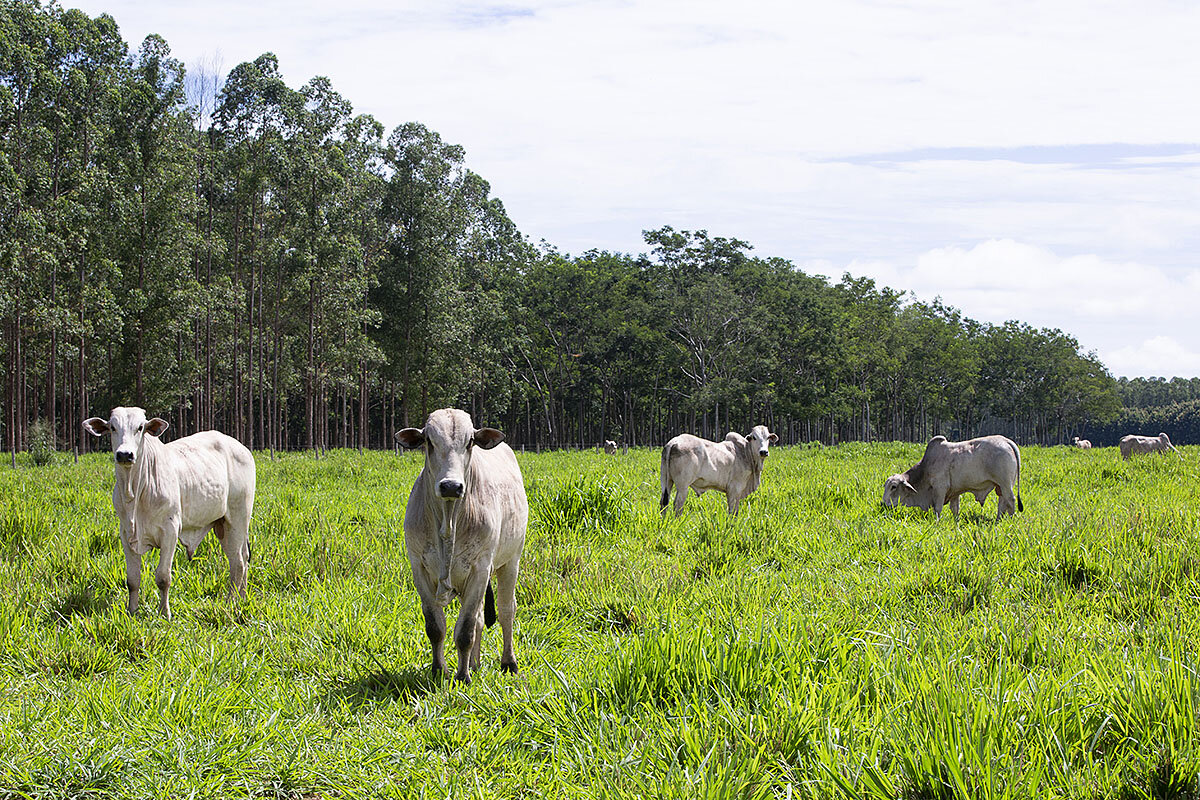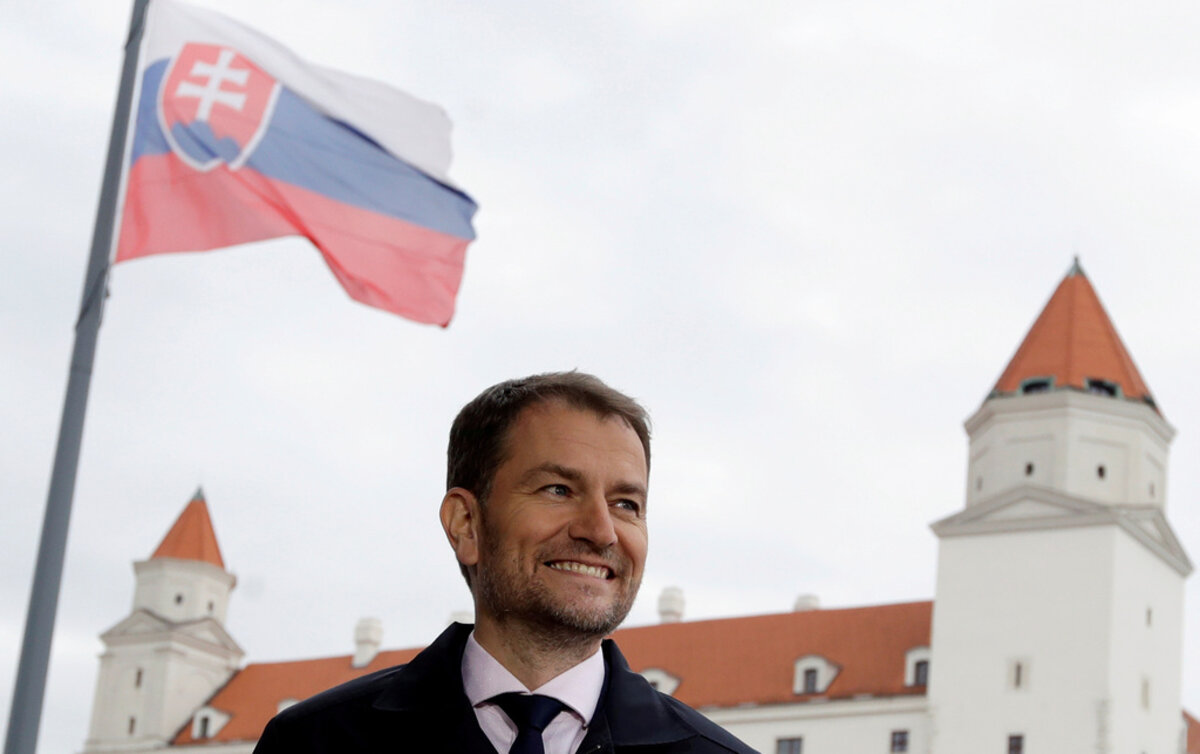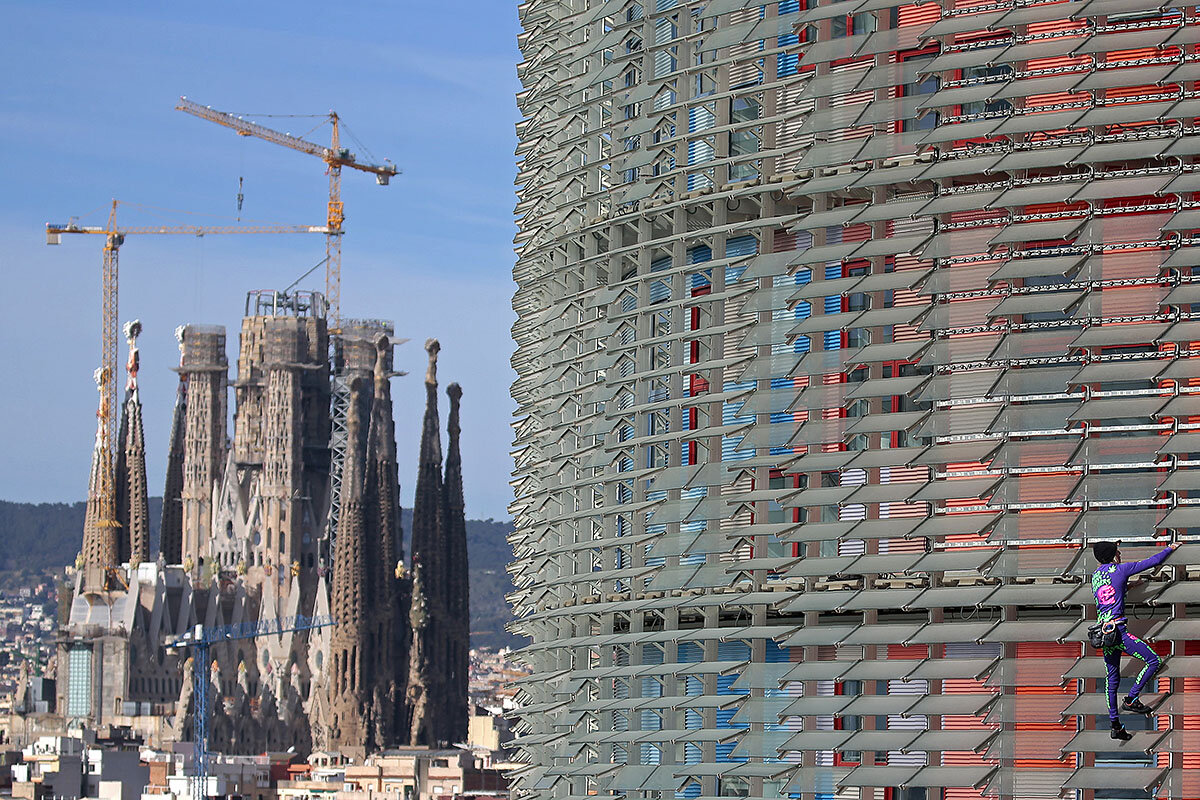After Super Tuesday, the Democratic presidential race became a clear choice between the restoration of an Obama-era vision and a wholesale political revolution.
Monitor Daily Podcast
- Follow us:
- Apple Podcasts
- Spotify
- RSS Feed
- Download
 Mark Sappenfield
Mark Sappenfield
Today’s stories include the Democrats’ choice between restoration and revolution, a Supreme Court wrestling with America’s sharp political swings, the prospect of a Russia-Turkey war, paths to progress in the Amazon, and the perfect film for book lovers.
As the United States moves through its primaries and toward electing a president, two things jump out. First, the rhetoric suggests a moral divide, with both sides seeing the election as a stark choice on the direction of the country. And second, despite this polarization, there remains a yearning for a return of respect and reconciliation.
The problem, of course, is that the two things seem mutually exclusive. It’s in this light that I read a review in The Economist of “Every Drop of Blood,” a book about Abraham Lincoln’s second inaugural address. The speech is seen as one of the greatest political addresses in American history, and it was rooted in Lincoln’s moral outrage at slavery. The language was of the thundering judgment of Ezekiel and Jeremiah in the Bible. African Americans in the crowd wept and cried out, “Bless the Lord.”
And yet he finished on a different note, imploring that “with malice toward none, with charity to all … let us strive to finish the work we are in.”
Tellingly, The Economist notes, “America’s partisan newspapers reviewed the address according to their biases.” But Lincoln was aiming at something larger than the fumbling fingers of bias could grasp – a place where conviction and reconciliation are intertwined. In that place, he argued, was America’s uniqueness and greatness.










